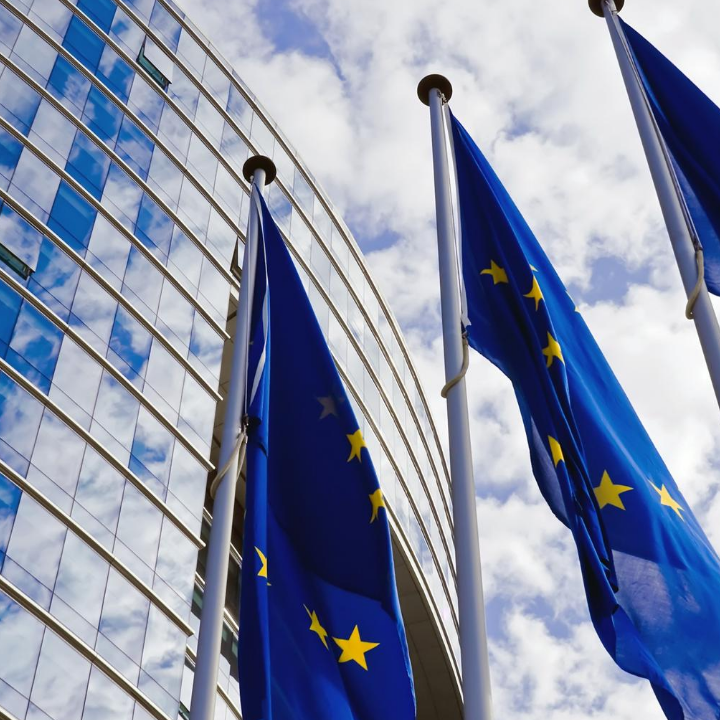EU: Over 130 organisations sharply criticise failure of member states to endorse CSDDD despite overwhelming support; negotiations to continue

Photo: sinonimas, Getty Images via Canva
Joint Civil Society Statement: We say YES to the CSDDD
Today’s failure of the EU Council to endorse the Corporate Sustainability Due Diligence Directive marks a deplorable setback for corporate accountability and the protection of Human Rights and the environment worldwide.
The blockage is largely attributable to big Member States: the early announced abstention from influential Germany – orchestrated by the minority German coalition partner, the FDP, and met with spiritless resistance by Chancellor Scholz – was followed by others. A last-minute attempt by France to derail negotiations by proposing a tenfold increase in company threshold last night increased the uncertainty for other states. These political games starkly defy the resounding support for the Directive from governments, trade unions, civil society, large, medium and small businesses, and individual citizens. Without binding EU legislation on corporate accountability, national governments fail to address human rights impacts, the exploitation of workers, and impacts on Indigenous People's rights and other traditional communities and natural ecosystems linked to corporate operations. It is a harrowing failure by EU governments to meet their obligations under international human rights law, and a green-light signal to reckless businesses that they can keep fuelling the climate and ecological crises for corporate profits.
This lack of support threatens a vital piece of EU sustainability legislation, necessary and overdue to trigger the change in business conduct. It is the result of a democratic process in the European Parliament and of extensive negotiations with Member States. Now more than ever, the Belgian Presidency must rise to the occasion: it is time to circle back to the Member States and ensure a strong majority without haggling over the key principles of the compromise hammered out in the trilogue agreement.
🗞️#CSDDD news
— European Coalition for Corporate Justice (@ECCJorg) March 6, 2024
🔔This Friday, EU capitals will vote for a crucial chance to agree on a new text & pass it to the Parliament before the EU elections.
We want Member States to finally say YES to the CSDDD. pic.twitter.com/aT0BNSQsxO